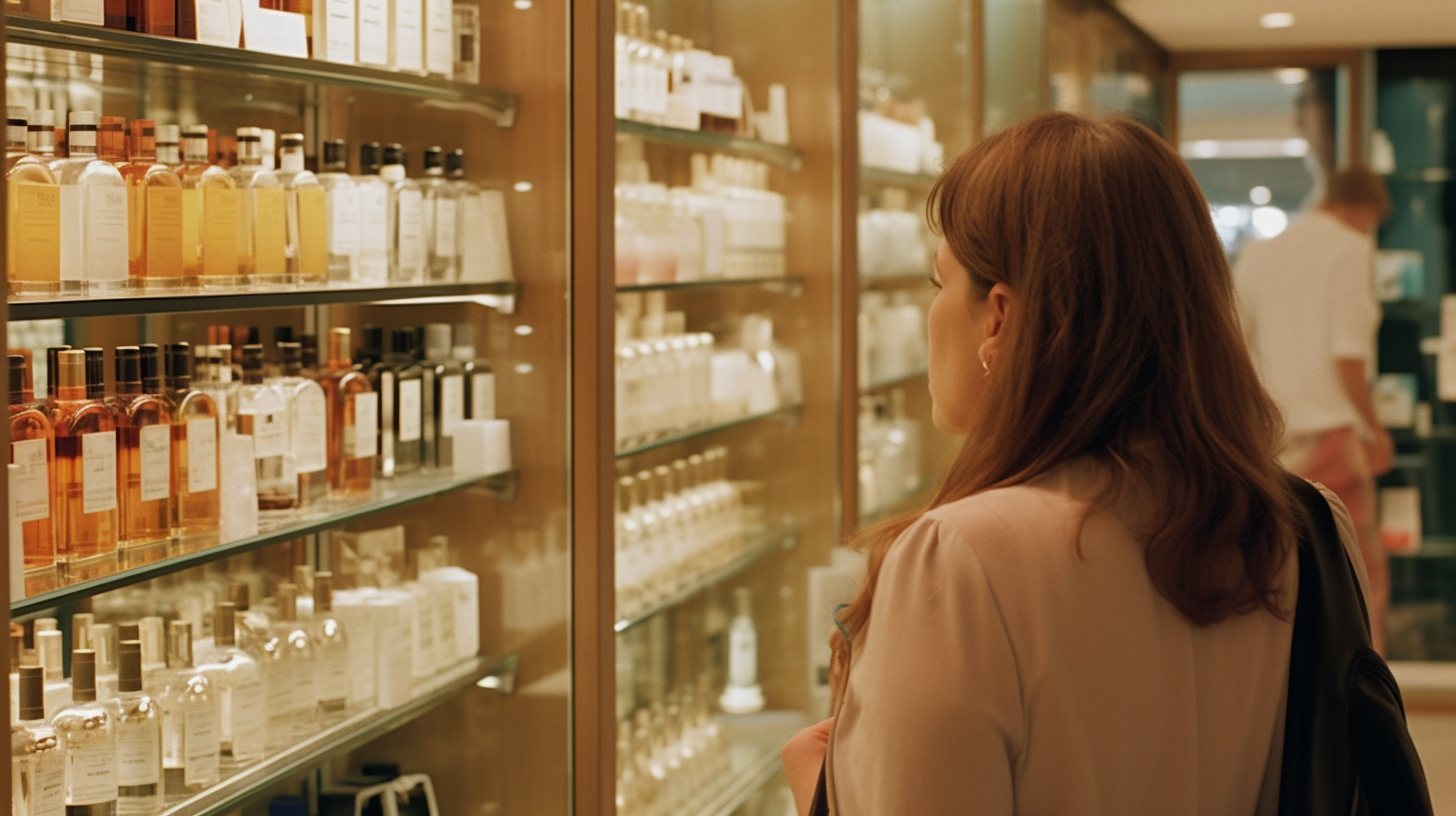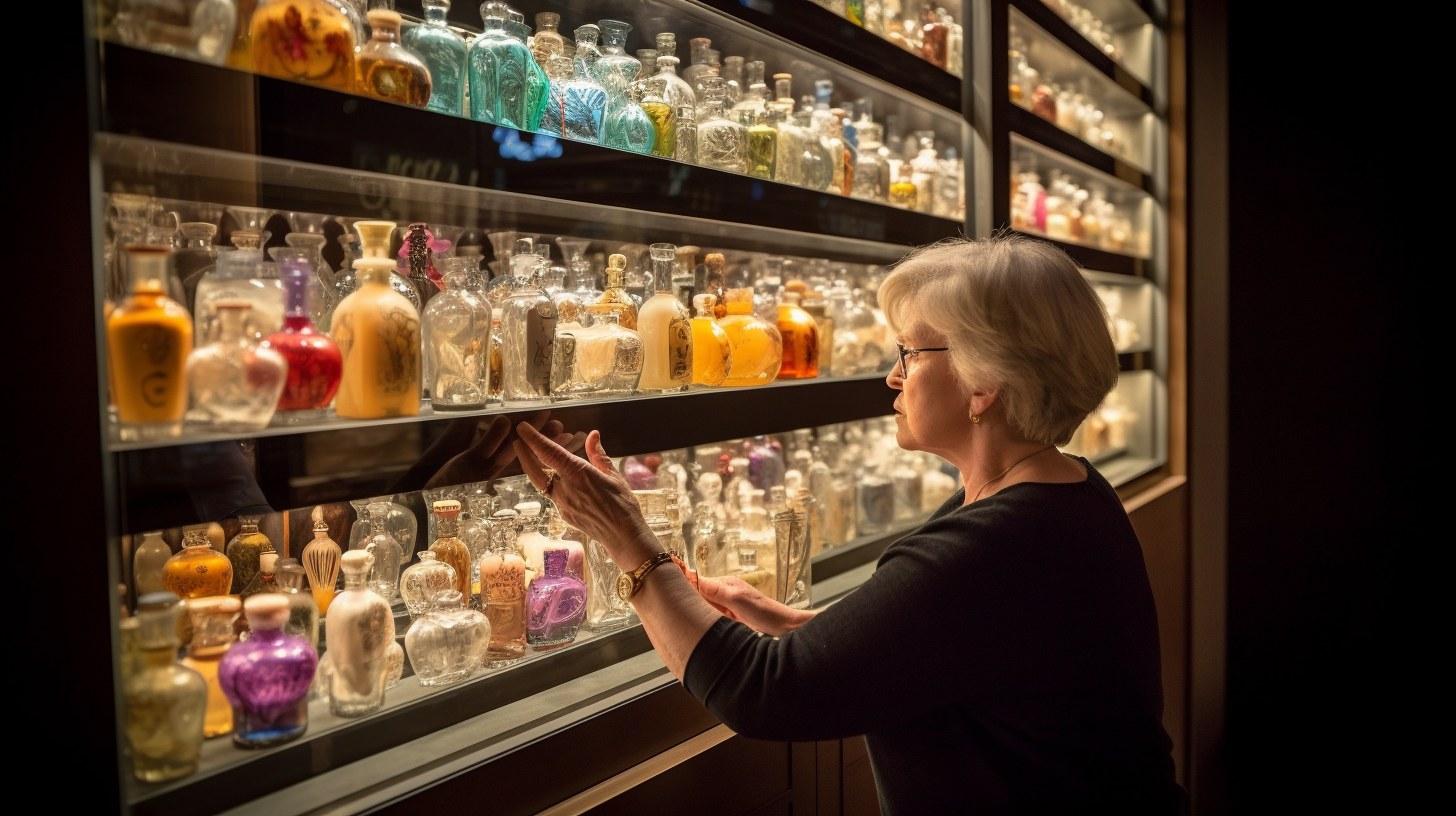Discovering the Fascinating History of Perfume: Earliest Uses Unveiled
The history of perfume is a fascinating subject that has captured the attention of people for centuries. From ancient civilizations to modern times, perfume has played an important role in human culture, from religious ceremonies to social events. In this blog post, we will explore the earliest uses of perfume and unveil its rich history.
The Origins of Perfume
Perfume has been used for thousands of years and was first developed in ancient civilizations such as Egypt, Greece, and Rome. The Egyptians were known to use various fragrances in their religious ceremonies and believed that scents had magical powers that could ward off evil spirits and illnesses.
The Greeks also valued perfumes for their therapeutic properties and used them to treat various ailments. They were also known to use perfumes during social gatherings to enhance their beauty and attract potential partners.
In Rome, perfume was considered a luxury item reserved for the wealthy. The Romans used perfumes extensively in their baths and believed that it had healing properties for the skin.
Aromatics in Antiquity
During the Middle Ages, perfume was primarily used for medicinal purposes. The Arabs were particularly skilled in perfumery and developed new techniques for extracting fragrances from plants. They also introduced new scents such as musk and ambergris.
In Europe, perfume was used primarily by the wealthy as a symbol of their status. The French became famous for their perfumes during the Renaissance period when they began developing new scents using flowers such as roses and jasmine.
Perfume Oils in Ancient Times
One of the earliest forms of perfume was oil-based fragrances. The ancient Egyptians were known to use oils made from plants such as myrrh and frankincense, which were then mixed with other ingredients to create fragrances.
The Greeks also used oils in their perfumes, but they were less interested in creating complex blends. Instead, they preferred to use single fragrances such as rose or lavender.
The Romans, on the other hand, were known for using oil-based perfumes for both medicinal and cosmetic purposes. They used olive oil as a base and added ingredients such as myrrh or cinnamon to create unique scents.
Incense in Ancient Times
In addition to oils, incense was also used in ancient times as a form of perfume. Incense is made by burning plant materials such as resin or wood to release their fragrant smoke.
The ancient Egyptians used incense extensively in their religious ceremonies and believed that it had purifying properties. The Greeks and Romans also used incense for religious purposes and during social events.
Challenges of Perfume Making
Despite its popularity, perfume making has always been a challenging process. One of the main challenges is sourcing high-quality ingredients. Many of the plants used in perfumery are rare and expensive, making it difficult for perfumers to obtain them.
Another challenge is creating unique scents that stand out from competitors. With so many different perfumes on the market, it can be challenging to create something new and exciting that will appeal to consumers.
The Benefits of Perfume
Despite the challenges involved in perfume making, there are many benefits to using fragrances. Perfumes can enhance our mood and make us feel more confident and attractive. They can also have therapeutic properties that can help us relax and reduce stress.
Additionally, perfumes are an important part of our cultural heritage and have been used for centuries by people all over the world. They are a testament to human creativity and ingenuity and have played an important role in shaping our history.
Conclusion
The history of perfume is a fascinating subject that offers us insights into the cultural, social, and scientific developments of our past. From ancient civilizations to modern times, perfume has played an important role in human culture, from religious ceremonies to social events.
While the process of making perfumes has always been challenging, the benefits of using fragrances are undeniable. Perfumes can enhance our mood, make us feel more confident and attractive, and have therapeutic properties that can help us relax and reduce stress.
Overall, the history of perfume is an exciting subject that offers us a glimpse into our past and a better understanding of our present. Whether you are a history buff or simply interested in fragrances, there is something for everyone in the fascinating world of perfumery.




